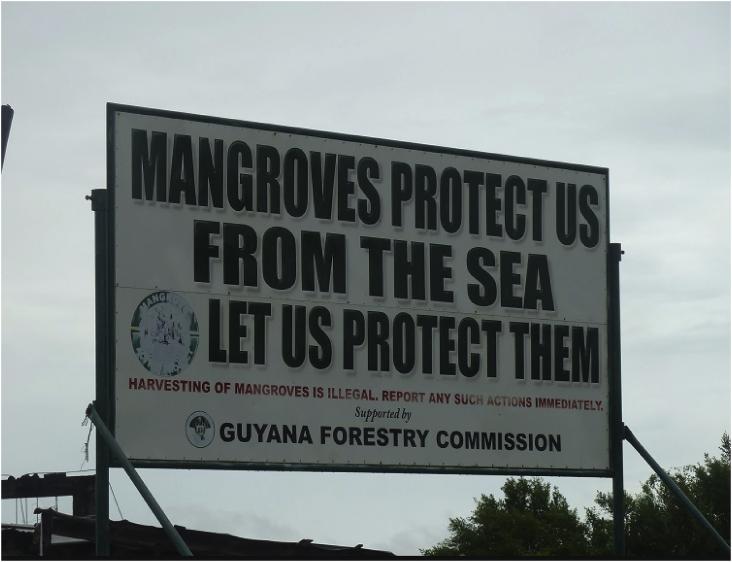
Mangrove forests provide critical services around the globe to both human populations and the ecosystems they occupy.
The net ecosystem exchange (NEE) is the difference between ecosystem CO2 assimilation and CO2 losses to the atmosphere.
In many tropical regions, such as New Caledonia, soil erosion from anthropogenic activities and subsequent ecological restoration are major issues that require detailed soil and vegetation data for th
Globally, agriculture has intensified during the past 50 years due to increased mechanization, changes in the timing of farming operations, grassland conversion to cropland, and increased agrochemical
Ethnopharmacological relevance In the Peruvian Amazon, the use of medicinal plants is a common practice.
Among the different pharmaceuticals present in soil and water ecosystems as micro-contaminants, considerable attention has been paid to antibiotics, since their increasing use and the consequent devel
Where are commodity crops certified, and what does it mean for conservation and poverty alleviation?
Voluntary sustainability standards have expanded dramatically over the last decade.
Over the last two decades, there has been growing interest on the effects of agricultural practices on soil biology in Europe.
The assessment of microbial functional diversity is an important indicator of soil quality.
Non-vascular plants such as mosses, lichens and especially microalgae are widespread in terrestrial ecosystems, but their contribution in the nutrient cycling and energy budget of soil food webs is ge
